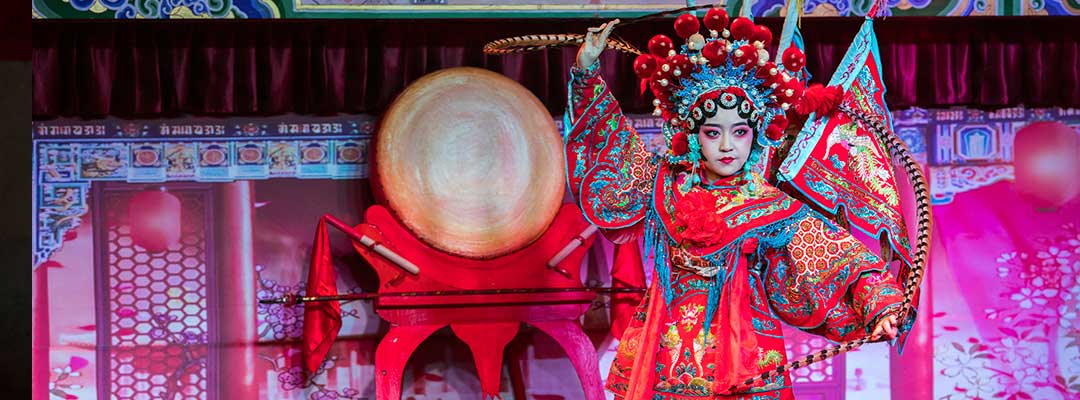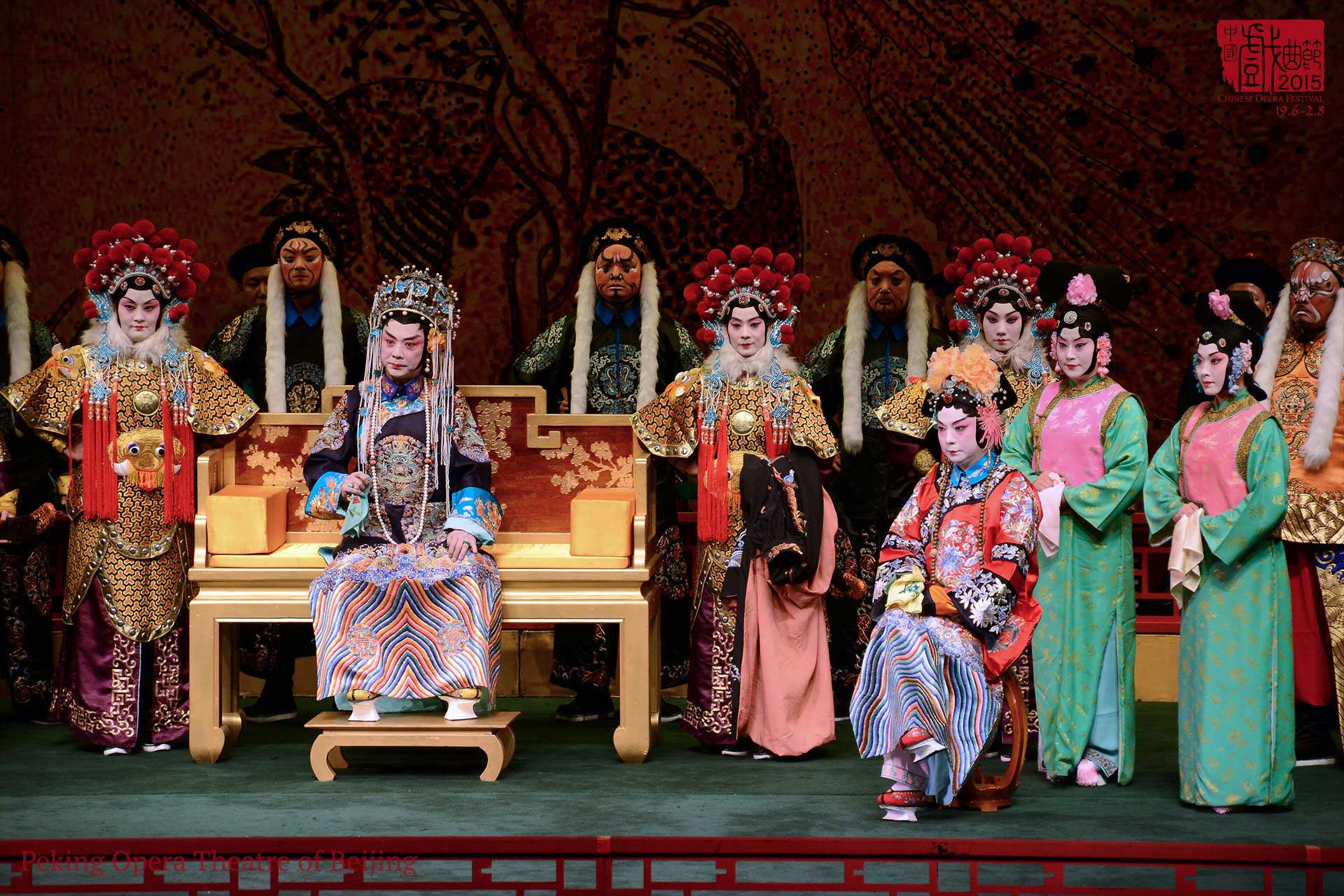

All this gender role reversal is very interesting,” he said. I learned about the kind of moral behaviour that is expected of a Chinese kid. Through Peking Opera I learned historical characters and stories. “But when I got into it, it also became about learning about my heritage, my culture and its long tradition,” he said. Lau says he was initially captivated by the beauty of the makeup and the costumes and the interesting stories. He also went to China subsequently to study with a master. After that, when I went to the University of Hawaii, they had training there. “One time I was in Toronto on a job with a Peking Opera troupe and I was helping out with translation and interpretation and helping the tour guide with them. “My grandparents, from my mother’s side, are from Shanghai so they liked Shanghainese Opera and they liked Peking Opera, so as a kid I heard those things. I speak more Cantonese than Mandarin,” Lau says. He portrays a young female role and has since he started learning about the form at the University of Hawaii in 1990. Once you assume a certain role in Peking Opera, you will always do that role, Lau says. There are four major ones: Sheng which is the lead male role Dan, which is the female role Jing which is a painted face male role and Chou which is another painted face male role. “Nowadays we have various contemporary themes and we use a modern way of interpreting these themes,” Lau says. In the 20th century there were new works created, including some revolutionary operas during the Cultural Revolution from the mid-1960s to the mid-1970s. The art form is not a museum piece however. After the party he retained them in the capital and they developed this fusion of various opera forms now called Peking Opera.” If you are intrigued you can experience a performance on Saturday afternoon at Arts Court.

“What happened,” Lau says, “was an emperor had an 80th birthday and he invited an opera troupe to go to Beijing to perform. There are many other forms of opera in China that pre-date it. He uses Peking Opera, by the way, because he believes it has more impact when spoken. “Jingju is the opera of the capital,” Lau, who is a program officer. In English it is Peking Opera, or if you prefer, Beijing Opera.īut whatever you call it, for William Lau, it is the passion of a lifetime.


 0 kommentar(er)
0 kommentar(er)
